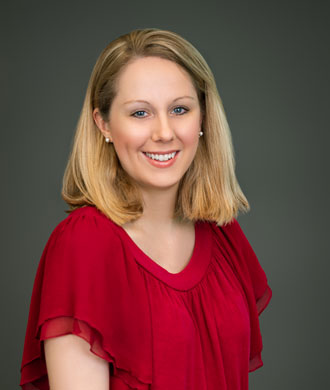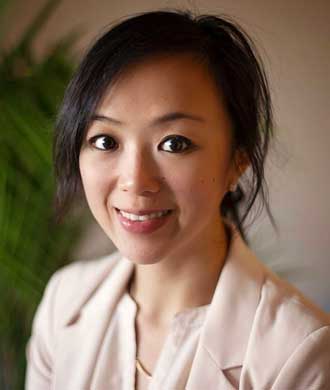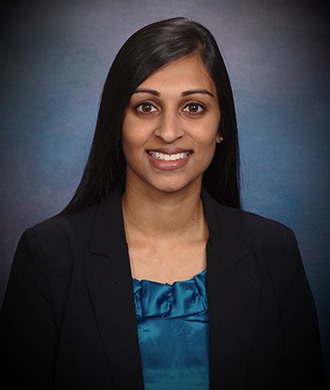About This Program
The Pediatric Long COVID ECHO will provide training, mentorship, and support to pediatric primary care providers and allied health professionals on emerging best practices and evidence-based care for pediatric patients with Long COVID.
The Pediatric Long COVID ECHO will address capacity, access, and equity of care for vulnerable and underrepresented populations of children, children with intellectual and developmental disabilities, children in rural communities, and children who are uninsured or underinsured. This ECHO will also enable earlier interventions and empower primary care and community providers to diagnose, treat, and manage long COVID.
Topics Covered
- Fatigue and post-exertional malaise
- Mental health considerations
- Integrative health treatments
- Neurocognitive sequala
- POTS/dysautonomia
- Headaches
- Dizziness
Participants are expected to submit de-identified patient cases for group discussion and expert consultation.
Hub Team
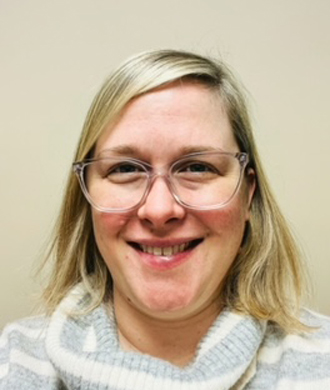
Ellen Henning, PhD
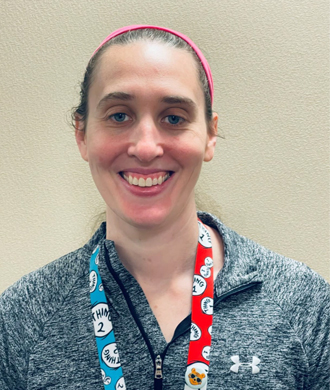
Marianna Kogut, PT, DPT, CBIS, PCS
Mitigation of Relevant Financial Relationships
Johns Hopkins University adheres to the ACCME’s Standards for Integrity and Independence in Accredited Continuing Education. Any individuals in a position to control the content of a CE activity, including faculty, planners, reviewers, or others are required to disclose all relevant financial relationships with ineligible entities (commercial interests). All relevant conflicts of interest have been mitigated prior to the commencement of the activity.
Who Should Participate?
- Physicians
- Nurse practitioners
- Physician assistants
- School nurses
- School educators
- Physical therapists
- Occupational therapists
- Psychologists
- Social workers.
Schedule
March 3, 2026 – May 5, 2026
Tuesdays, 12:00 P.M. – 1:00 P.M. ET
This ECHO program will be held on the iECHO platform. Registrants will receive an invitation via email to create an iECHO account and join the ECHO program. Joining ECHO sessions will require an iECHO account. Sessions will occur via Zoom, accessed through the iECHO platform.
A short video is available on how to register in iECHO.
Find help and support with iECHO at the iECHO Help Center.
Post-Test
Those interested in earning ABP MOC Part 2 credits through their participation must complete the post-test questions with a passing score of 75% within 3 attempts.
Continuing Education Information
For information on continuing education credits and accreditation, view Accreditation information here.
Contact
For more information, contact ProjectECHO@kennedykrieger.org

